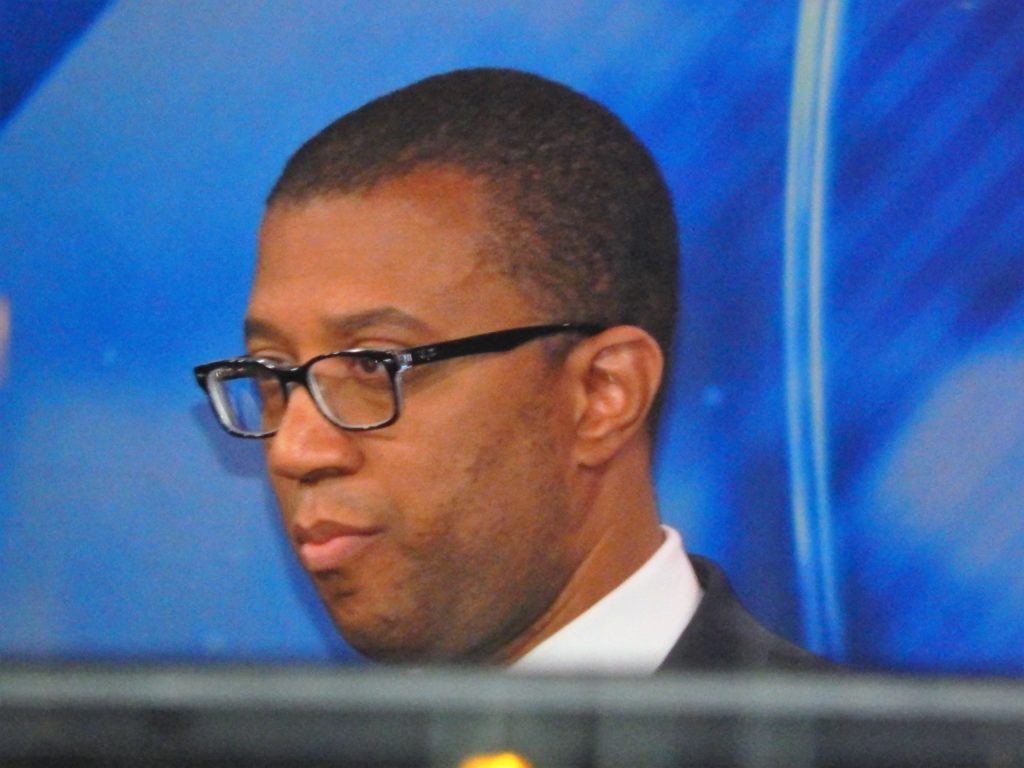Gubernatorial Public Financing Program Brings Better Elections at Minimal Cost

As the gubernatorial primary debate season unfolds, it is appropriate to highlight New Jersey’s gold-star public financing program.
Since the general election of 1977, New Jerseyans have supported a nationally recognized Gubernatorial Public Financing Program that has witnessed no less than six participants elected governor- three Democrats and three Republicans.
Among these candidates were big city mayors, state senators and assembly persons, members of the House of Representatives, county executives and freeholders, former state cabinet officials, a former prosecutor and a former U.S. Attorney.
The program has been a relative bargain to state taxpayers. For instance, in 2013, the state spent $11.8 million on the gubernatorial public financing program. The average cost to each taxpayer - about $2.50. Roughly the cost of a cup of coffee.
Only in 2005, when Republican candidate Douglas Forrester ran against Democrat Jon Corzine, did neither major party candidate take public funds.
With super PACs increasingly dominating the political and electoral landscapes in New Jersey, the Gubernatorial Public Financing Program, which matches two public dollars for every private dollar raised, is now more important than ever.
By providing qualified candidates of otherwise limited personal wealth the means to get their message out to the voters, the program is now critical to offsetting the ever-growing influence of super PACs and other independent groups.
Without this support, the campaign’s policy agenda would be overshadowed by independent groups. At least with public financing there remains the opportunity for the candidates themselves to control their campaigns and drive their own policy agendas.
New Jersey’s Gubernatorial Public Financing Program was established in 1977 with two goals in mind: to provide qualified candidates of limited personal means the ability to run effective campaigns for governor and to eliminate any undue influence over the gubernatorial electoral process.
In both regards the program has proven to be a great success. As mentioned earlier, six governors since 1977 participated in the program and there has never been a hint of corruption involving gubernatorial campaigns.
Here’s how the program works. First, the Legislature, when it enacted legislation creating the program in 1974, determined that there should be a viability test for candidates to receive matching public funds.
This year that viability threshold amounts to $430,000 raised and spent, or committed to be spent, by the last day for filing petitions to run for governor, or April 3rd.
Four candidates, Democrats Jim Johnson and Assemblyman John Wisniewski along with Republicans Lt. Governor Kim Guadagno and Assemblyman Jack Ciattarelli, have qualified for public funds in the primary election.
In its wisdom, the Legislature also imposed a contribution limit, this year at $4,300 on donations to the candidates and a public funds cap $4 million in the primary and $9.3 million in the general election.
The 1974 statute also imposes an expenditure limit on spending by participating candidates, this year amounting to $6.4 million in the primary and $13.8 million in the general election.
In addition, the Legislature mandated that publicly-funded candidates must participate in two public financing debates in the primary and two in the general election, otherwise the candidate would forfeit his or her funding and be required to payback any funds already spent.
Further, the law allows non-participating candidates who nevertheless meet the threshold amounts and declare their intention by April 3rd to participate in the debates to do so.
Since its inception in the general election of 1977, which was then extended to primary elections in 1981, the New Jersey Election Law Enforcement Commission has administered the program.
Overall, a total of $117,412,518 million has been provided to 56 candidates since the program began in 1977 through the elections of 2013.
Thus, over ten gubernatorial election cycles an average of only $11.7 million has been spent providing qualified candidates with the means to run meaningful campaigns for governor.
To provide these qualified individuals with the means to run for governor not only assured that the public was offered qualified individuals for the state’s highest office but that the election and the incoming governor would be free of even the appearance, let alone the actuality, of corruption.
During these times of super PAC dominance and relative distrust and cynicism toward politics in general, the importance of the Gubernatorial Public Financing Program cannot be overestimated.
Jeff Brindle is the Executive Director of the New Jersey Election Law Enforcement Commission.
The opinions presented here are his own and not necessarily those of the Commission.





